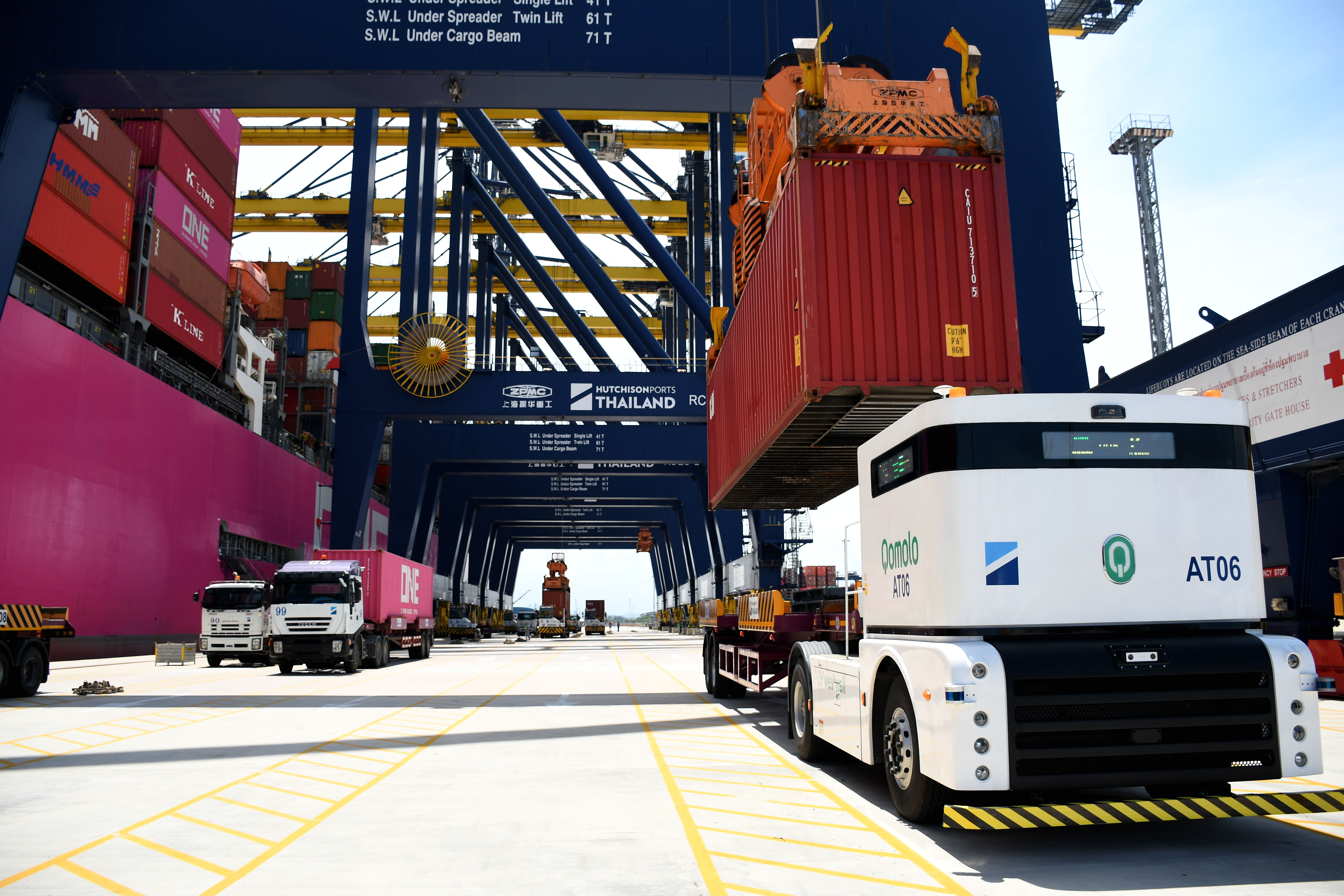BRI aids a global transition to a low-carbon economy
- By Mathew Wong
 0 Comment(s)
0 Comment(s) Print
Print E-mail China.org.cn, November 14, 2022
E-mail China.org.cn, November 14, 2022

As many governments worldwide signed and committed to the Paris Agreement in 2015, there is now an overarching goal of slowing down global warming and controlling the level of greenhouse gas emissions. In recent years, green investment has gained international prominence as an efficient way to achieve a low-carbon economy while addressing and mitigating impacts caused by climate change.
However, a lingering concern surrounding this plan's success is how could such a collaboration-heavy goal be materialized among countries with varying backgrounds, needs, and contexts, especially given the need to balance economic development and environment conservation amid a backdrop of keen competition among nations.
In line with its aim of being a responsible power on the international stage, China has shown its determination to promote sustainable development across a wide range of sectors for the sake of striving for a more comprehensive and balanced trajectory. Since its launch nine years ago, the Belt and Road Initiative (BRI) has created tangible benefits to countries by promoting connections. As more countries become part of the scheme and face climate change challenges, building a greener BRI will help drive the global transition to a low-carbon economy.
By incorporating sustainability into the context of the BRI, China has supported many emerging and developing economies to develop green and low-carbon energy sources in view of their rising demand for energy as well as rapid industrialization and urbanization. The move is prominent means to attain a greener planet for humanity in the future and aligns with China's goal of addressing climate change and safeguarding global ecological security.
New initiatives are being made to improve the environmental prospects of the Belt and Road projects since China pledged to end new coal power projects abroad at the United Nations general assembly in 2021.
In April 2022, China issued a set of opinions to promote the green development of the BRI, which further outlined its key principles, identified measures, and mapped out future directions for its green development in the years to come. This document is significant in China's long-term development and showcases its resolve in this regard. These steps were also a further attempt to articulate the greening of the BRI after its previous measures issued in June 2017.
China employs a holistic approach to promoting cooperation across a wide range of key sectors to realize its ambitious environmental goals, ranging from transportation and the clean energy industry to R&D and trade. It also put in place policies to regulate enterprises and promote the low-carbon transition of coal-powered projects so as to ensure that its overseas programs become more environmentally friendly. Moreover, there are also a number of supporting measures that are helping facilitate overseas BRI projects to proceed in a sustainable manner, such as offering financial subsidies, setting up open cooperation platforms, and establishing efficient systems to prevent and control environmental risks.
Given all of these factors, it can be seen that China's plan for the greening of the Belt and Road Initiative is ambitious and feasible. The plan offers an explicit and clear direction for all key stakeholders to materialize the related goals based on their respective positions and strengths. At the same time, the document itself touches upon various interrelated aspects of green development, which would amplify its effect if successfully implemented.
While some Western countries are now backtracking on environmental efforts due to their vested interests, China instead should go further and deeper in promoting green development as an essential component of its domestic and international development. Despite both challenges and opportunities, China's actions speak to its vision of long-term sustainable development and its willingness and confidence to confront and overcome ongoing environmental risks as it strives for high-standard, people-centered, and sustainability-oriented progress in the long run.
Mathew Wong is an assistant professor in the Department of Social Sciences at the Education University of Hong Kong.
Opinion articles reflect the views of their authors, not necessarily those of China.org.cn.
If you would like to contribute, please contact us at opinion@china.org.cn.






Go to Forum >>0 Comment(s)